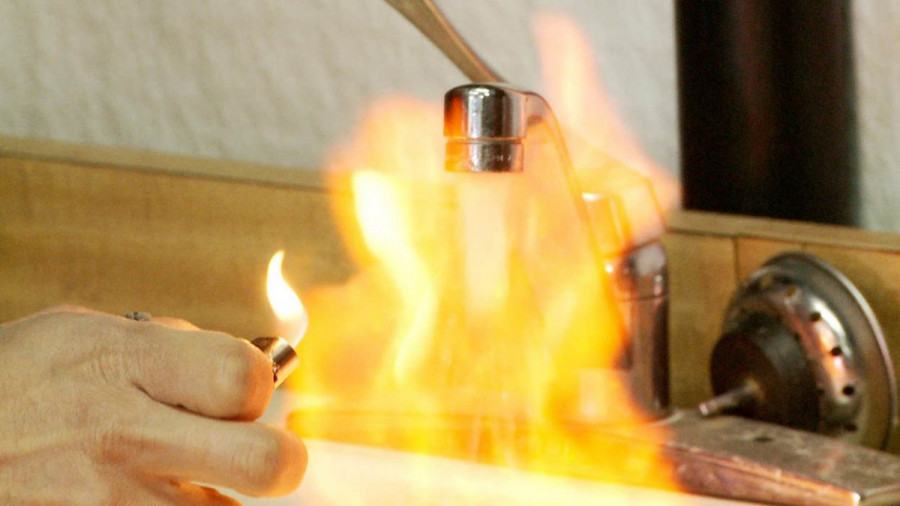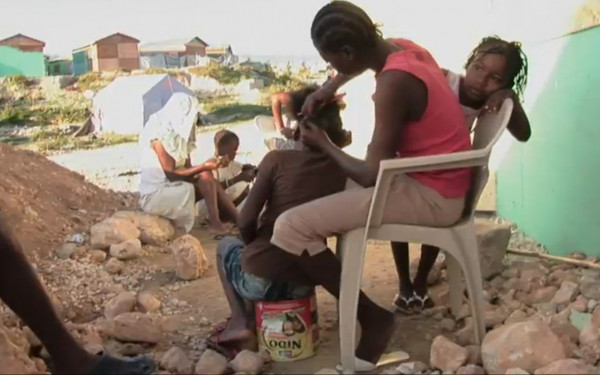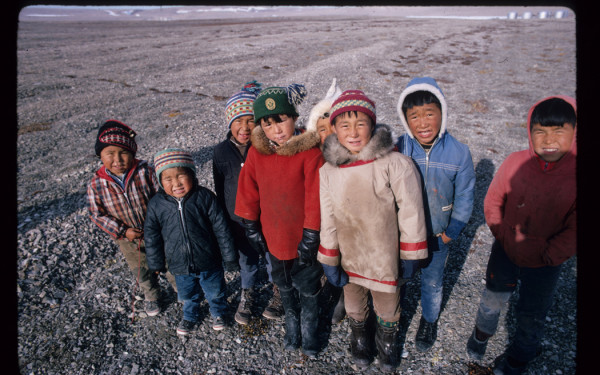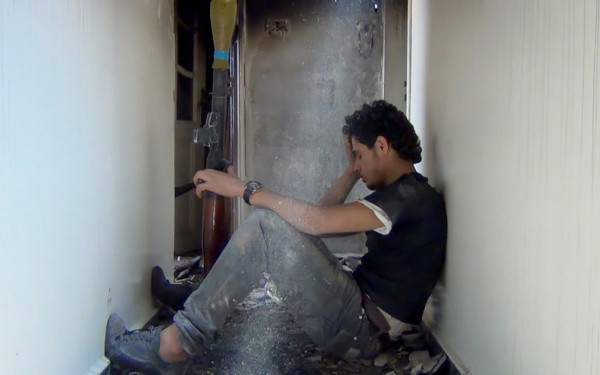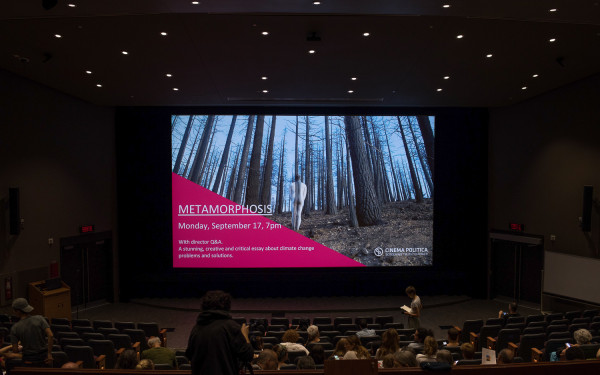Fracked Up
Cinema Politica Documentary Drills for Answers
“Only in an Orwellian world would you expect this.”
Unlucky for us, Gasland does not take place in George Orwell’s novel, 1984, but in current day America.
What do you do when you are offered $100,000 dollars to allow hydraulic fracturing (or fracking) on your 19.5 acres of land? Josh Fox, 38, wanted to find out what he would be getting himself into if he signed this contract. Instead of signing it, he made a documentary about it—a documentary that transformed him into a natural gas drilling detective.
Natural gas is a vital component of the world’s supply of energy. It is supposedly one of the cleanest and safest sources of energy. The western world holds a “Saudia Arabia of natural gas,” offering a local alternative to foreign energy dependency.
In theory, natural gas sounds pretty appealing, but as Fox embarks on a cross-country odyssey in Gasland, he uncovers a trail of secrets, lies and contamination. Gasland exposes that alternatives aren’t necessarily solutions.
Fracking releases natural gas from deposits in the earth’s crust by drilling and then shooting a fluid pressure that opens up the fracture and releases the gas trapped in deposits underground. The problem? Fracking fluid.
About three-quarters of frack fluid stays in the earth, and that which flows back has acquired additional toxins such as ethane, propane, xylene, benzene, ethyl benzene, toluene, heavy metals and naturally occurring radioactive material usually consisting of radium isotopes—which are bone-seeking carcinogens.
These chemicals, if not illegally deposited into fields and streams, are seeping into the clean water supply and contaminating not only the earth and its natural systems, but also communities.
Thanks to former American Vice President Dick Cheney, the “Halliburton Loophole” ensures that fracking is exempt from the Safe Drinking Water Act regulations. The industry’s frack water is a trade secret but, as Gasland finds, that isn’t stopping people from getting their own answers, as painful as they may be.
The film is in every way powerful, and will stay with you your entire life if you take a couple hours to let Fox educate you on issues that are entirely necessary for everyone to formulate opinions on. Fracking is not unique to America; it is happening on Canadian soil.
Gasland exposes the truth, as all great documentaries do. It relies on the stories of ordinary, American citizens suffering terribly from the natural gas industry. The film features personal stories about the consequences of water and air contamination that are going unnoticed by people in power.
Victims of bad fracking are experiencing headaches, ringing in their ears, disorientation, dizziness, asthma, brain damage, loss of body control, excruciating body aches and the loss of smell and taste. The film is so powerful that, even as a spectator, I was afraid to drink the tap water in my own home that is supposed to be clean and fresh.
“This is a place I know. It’s a place that runs through my mind and it’s always there. It seems to me that it’s the source of all life. And it is. You need water to live,” Fox narrates in the film. He is in the backyard of his family heirloom home in Pennsylvania, lamenting on the stream that flows mere feet away from his house.
Fox’s first voyage in the film takes him to a neighbouring town called Dimmick where he has heard that there are people there suffering from the presence of fracking in their community. The town is completely upside down and suffering from water contamination so bad that people can light their tap water on fire.
One common theme in the film is the overall feeling of shock, fear, betrayal and powerlessness—a total loss of normal life for members of communities. The film is painful to endure but is undeniably important for people to watch.
There is an overall sense of confusion from the people interviewed in the documentary.
“Our water was perfectly fine prior to the gas wells,” they would all say. “What’s going to happen to our kids?”
The film’s biggest strength is its ballsiness in portraying the issue for what it is: ugly. The film graphically shows families suffering from the presence of natural gas industries.
Contaminated water is being dumped into fields and streams, the veins of the earth. There is a geographic border that separates Canada from the United States, but that border doesn’t stop the flow of water between our countries. This fracking issue is Canada’s issue, too.
The film also touches on other issues relevant to fracking such as the amount of fresh water it takes to frack and issues of water being a human right and not a commodity.
Gasland is a personal story, but it is also a story of communities and the interconnectedness of all things. It’s a story that begs for answers and solutions but mostly, it demands that people deal with the truth.
Cinema Politica will screen Gasland at Concordia University (1455 de Maisonneuve W.) in room H-110 on Thurs. Nov. 18 at 7:00 p.m.
This article originally appeared in Volume 31, Issue 14, published November 16, 2010.

